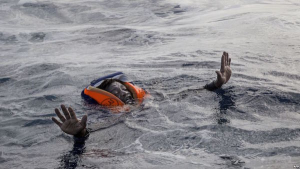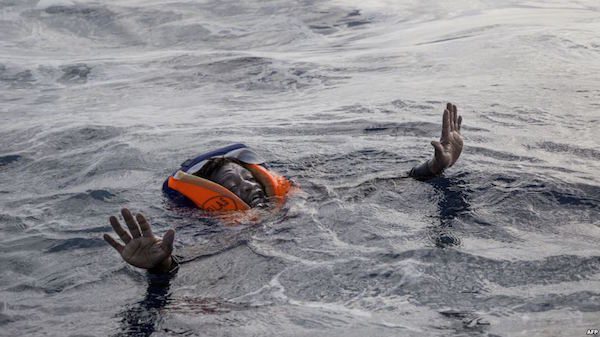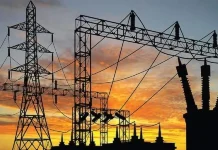Nigeria on Wednesday called for an international inquiry after 26 women and girls drowned attempting to cross the Mediterranean Sea to Europe.
The bodies of the victims — all believed to be Nigerians — were brought on a Spanish ship to Italy last Sunday, where the authorities are looking into how they died.
Twenty-three lost their lives last Friday when the inflatable dinghy they were travelling on sank. Three others were found during operations earlier in the week.
The foreign ministry in Abuja said its mission in Rome said the victims were aged 14 to 18. It described their deaths as “a monumental loss and a sad moment for our country”.

Italian investigators have said they would be looking for signs of violence but believed it was unlikely they were victims of sex trafficking.
Nigeria’s National Agency for the Prohibition of Trafficking in Persons (NAPTIP) said there should be “a high level investigation by the United Nations (into) this incident and others before it along the Mediterranean region”.
It added in a statement: “We need to know the identities of the owners of the rickety boats that carry people along that axis as well as their owners, so they can be prosecuted.”
The central Mediterranean route from the coast of Libya to Italy is currently the favoured route of undocumented migrants, most of whom are Nigerians.
Numbers have increased because of unemployment and recession in Nigeria. Established trafficking networks for prostitution in Europe date back to the 1980s.
NAPTIP said human trafficking and irregular migration were criminal and needed to stop because of the high numbers of deaths.
The International Organization for Migration said on Tuesday that about 75 percent of the nearly 155,000 migrants and refugees who have reached Europe by sea this year arrived in Italy.
A total of 2,715 people died on the central Mediterranean route between January 1 and November 5, it added.
In July, the UN refugee agency said it would like sanctions against known traffickers and people smugglers, including travel bans and asset freezes.
AFP



























